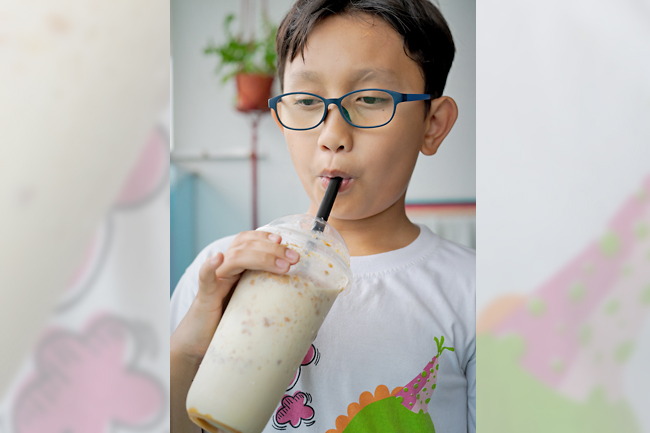ANN/THE KOREA HERALD – Children who consume sugary drinks before the age of two may face a higher risk of developing Attention-deficit/hyperactivity disorder (ADHD) later in life, a recent study suggests.
The study, conducted by pediatrics professors Han Man-yong of CHA Bundang Medical Centre and Kim Ju-hee of Kyung Hee University Medical Centre, found that the incidence of ADHD was 29.6 per 10,000 people for those who consumed sweetened beverages, compared to 23.8 per 10,000 for those who had fewer sugary drinks.
Sweetened beverages in the study were defined as drinks with added sugar, such as carbonated and fruit-flavoured drinks.
The finding came to light in research conducted on the national insurance data and health screening survey of 360,000 children born between 2008 and 2009.
The research team then monitored some 25,000 children who drank more than 200 millilitres of sugary drinks per day and some 33,000 children who consumed less for nine years to observe their health outcomes.
The study pointed out that consuming sugar-sweetened beverages can lead to fluctuations in blood sugar levels, which could disturb the body’s metabolic process and negatively impact brain function.
Han explained that blood sugar fluctuations could result in reactive hypoglycemia, a condition where blood sugar drops after eating.
This could interfere with a child’s brain development during crucial stages, potentially leading to neurodevelopmental disorders and an increased risk of ADHD, he noted. The study also urged parents to limit their children’s sugar intake during infancy as ADHD, which typically manifests in childhood.








